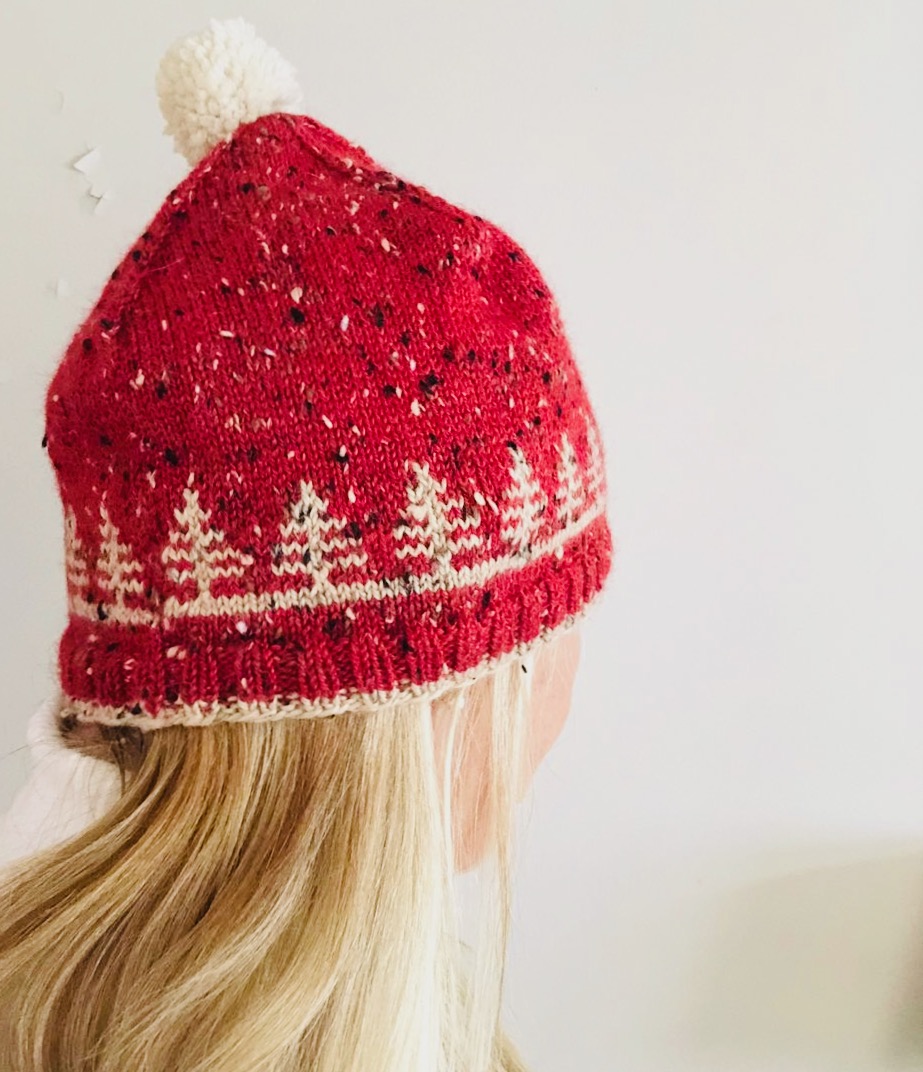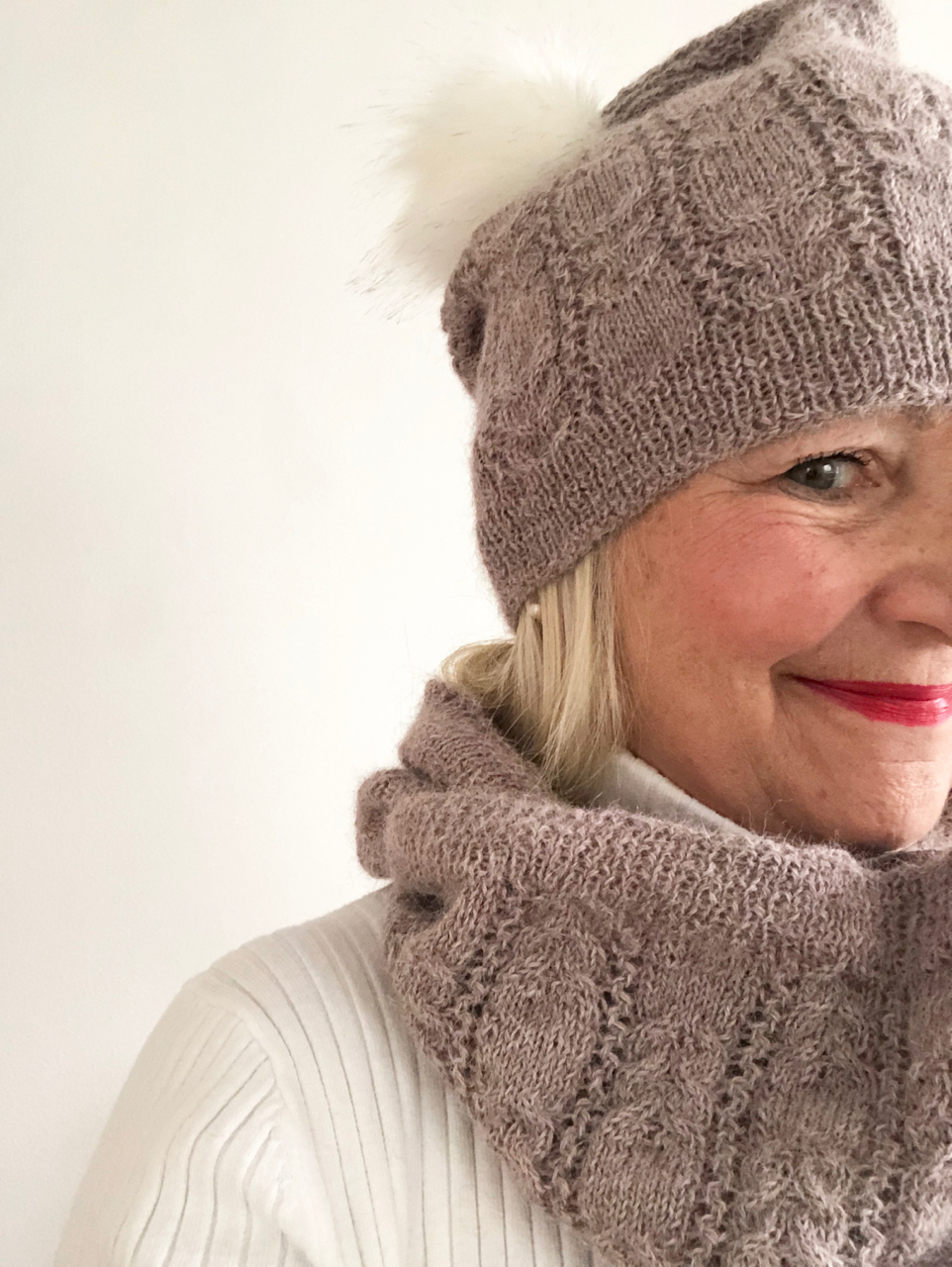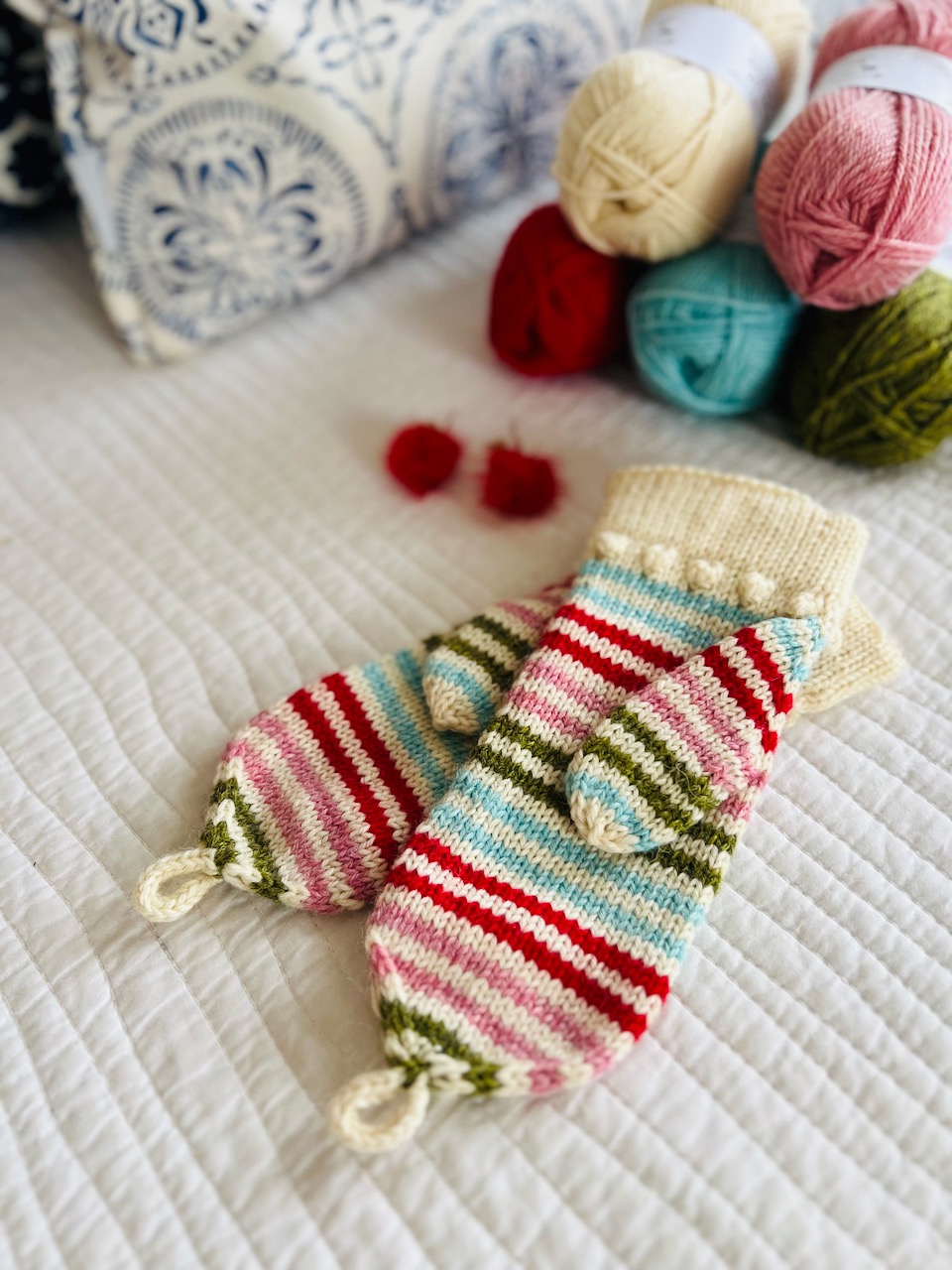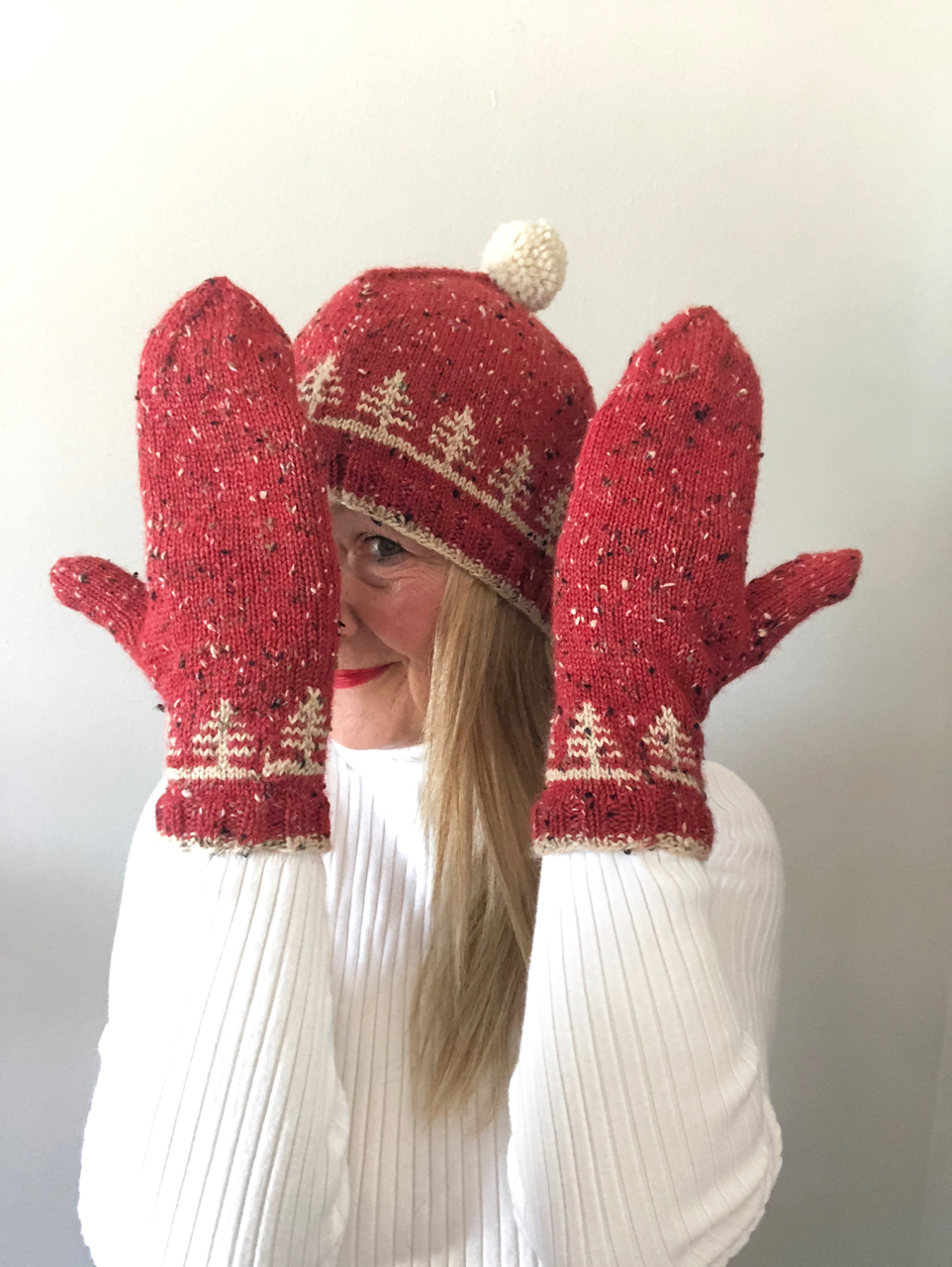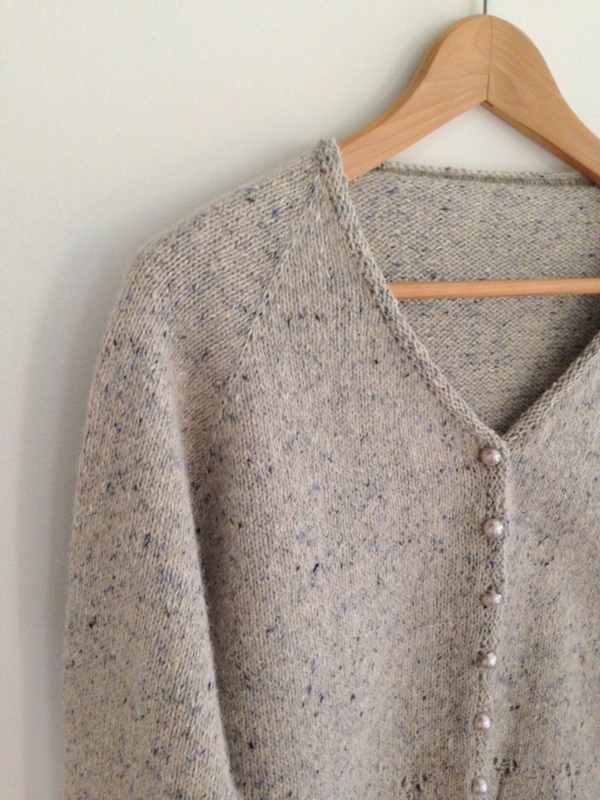Part I: Finding Your Favorite
Whether they’re hand knitted, gifted, thrifted or rescued, everyone has a favorite sweater! In this 3-part series, I’d like to explore the Favorite Sweater phenomenon, break it down and explain, step by step, how to knit a favorite. Here’s what we’ll discuss:
Part I: What Makes a Favorite and Why
Part II: Finding a Favorite Yarn
Part III: Construction Methods & Math

Who’s Your Favorite?
They’re comfortable, they fit perfectly and they possess certain specific qualities that make us love them. If your FS is handmade (particularly if it’s handmade by you) it’s a no-brainer. You can knit another making modifications if necessary or changing the fiber or color. But if your go-to is store-bought or from unknown origins, the task is different. That’s what we’ll tackle here: copying a simple store-bought sweater.
My favorite sweater was bought in an emergency at a TJ Maxx store several years ago. Looking at the sticker price ($12) and running my hands over its (appalling) texture (acrylic/nylon/spandex??), I thought, “Well, it’ll do for today, but I doubt I shall ever wear it again.” Boy, was I wrong.
What’s to Love?

I wear this ghastly thing every day. I am literally sad when it’s in the wash. Why? Let’s start by asking some questions about what makes your sweater a favorite.
- Weight?
- Ease?
- Shape?
- Length?
- Stitch pattern?
- Color?
- General fit?
- Durability?
- Washability?
- Anything else that makes your sweater a favorite.
Now, what would you change if you could?
- Fiber content?
- Color?
- Size?
- Length?
- Sleeve length?
- Stitch pattern?
For me, I can tell you that weight is the number one feature I like the best about my sweater. It is so light and airy that I can wear it pretty much all year round, with my jammies or my jeans, over a t-shirt or all by itself. You’ve probably noticed that I’m not happy with my sweater’s fiber content so this is the number one thing I’d like to change. Beyond that, I love my sweater’s ease, shape and general fit. Those are the qualities I’ll be emulating when I start to knit my new favorite.
Getting the Fit

To knit a favorite, I’ll begin by taking some basic measurements from my sweater. I love the fit of my sweater, so I’m simply going to copy these measurements when I go to knit my new FS. My sweater is very easy and boxy, so only the simplest measurements are necessary. There is no complicated shaping or patterning, so it’s pretty straight-ahead. Once we have a swatch and have calculated the gauge, we’ll add stitch and row counts to these measurements.

Suppose you’re not entirely happy with your sweater’s fit? You can size your new FS up or down using a standard measurement chart. All store-bought sweaters are designed using these universal measurements and, though they’re not calculated to give you a personalized fit, provide enough generalized information to copy a simple off-the-rack garment.
The standard system I use most often is supplied by the Craft Yarn Council because it is created specifically for knitwear. In addition to basic women’s sizing charts, you’ll find standard measurements for accessories and for men’s and children’s clothing too. If you’ve chosen to size your garment up or down, here’s what I suggest:
- Measure your bust.
- Decide on the amount of ease you’d like to incorporate.
- Go to the measurement chart and find that bust (chest) size.
- Plug all of the measurements that follow into a little diagram like the one I’ve drawn above.
- Keep it simple!
What is Ease?
Since my actual bust measurement is 40.5″ and my sweater measures 41.5″ at that point, we can say that my sweater has 1″ of positive ease. So what is ease? Simply put, it is the difference between a body measurement and a garment measurement. Positive ease happens when the garment is bigger than the body. Negative ease occurs when the garment is smaller than the body.
In Part II: Finding the right yarn and starting to swatch!








